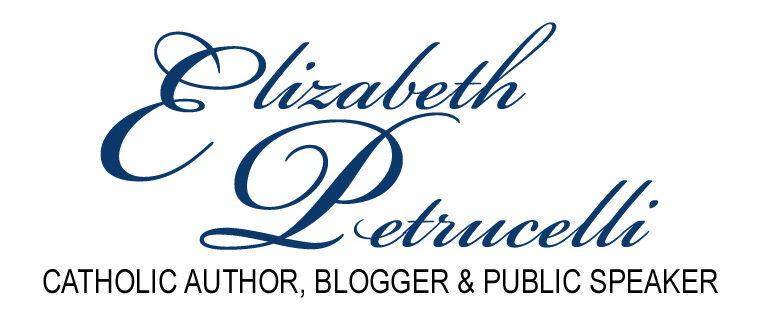Psychology Professor Melissa Goldberg was fired from her position at The Catholic University of America for bringing and abortion advocate to speak to her classes. I have been a guest speaker at colleges on doulas and their role in childbirth many times. I also have experience with many facets of doula work including when abortion…
Tag: bereavement doula
On Birth and Death – A Doula’s Journey
I enter the small hospital room, adorned with white walls and white boards where his name is scribbled in black writing. Beneath his name is his care plan, followed by contact information for his family. Above the board is an old box TV, hanging from the wall. Fox News is on TV, one of the…
An Open Letter – Worthiness Determined
An Open Letter to an Undisclosed Person: Thank you for meeting with me about my displeasure with your organization. I appreciated you taking the time out of your busy day to meet although your heart was not open and we left on the same terms with which we met. At the time, I was utterly…
What is a Bereavement Doula? Glad you asked!
What is a Bereavement Doula? That isn’t even a common question. I have been a birth doula for over 11 years and when I started, most people had no clue what a doula was, nor could they repeat the word. It was usually repeated back as “adoula.” When I began my bereavement doula journey, the…
When the Bereavement Doula Needs a Bereavement Doula
What is it like when a bereavement doula needs a bereavement doula? The night before my scheduled ultrasound, I began to panic. Over the last few days, I had become overly concerned with going to this appointment alone. All of my other appointments, up until then, I had the support of my husband and children with…
Supporting Miscarriage or Stillbirth – Why Training is Essential
WARNING – Graphic details and may not be suitable for all audiences. It takes a special person to be able to assist a family through their miscarriage or stillbirth. This isn’t something the average person can do because it’s so emotional and the family can react in many different ways. Without a full understanding…
Bereavement Services for Miscarriage and Stillbirth
My bereavement services for miscarriage and stillbirth were featured at Denver Natural Mom in honor of Pregnancy and Infant Loss Awareness Month. I was so honored to be able to share. There was so much to share and just not enough time. Kathryn Roman with Denver Natural Mom did an amazing job of putting this…
Doula Support For Miscarriage
How do you provide doula support for miscarriage? Doula support for miscarriage is very similar to the support you would provide for a happy birth. Many miscarriages are NOT like having a heavy period; they can be just as painful and uncomfortable as labor. I remember thinking this as I experienced my miscarriage. The pain came…
The Innocence is Lost
I was sharing some pictures with my husband tonight from my Stillbirthday Bereavement Doula Training. We have a group on Facebook that is comprised of many of the doulas-in-training for this particular semester. It is a wonderful group of women and I am so proud to be a part of such an amazing and transpiring group. The…
Life or death in the NICU…Whose choice is it?
This is going to be a very controversial post. I won’t divulge too much information about where I heard this but this has been on my mind for a few weeks. While having a conversation with NICU personnel (not at my hospital), the discussion came up about how some parents prolong their sick child’s life….

